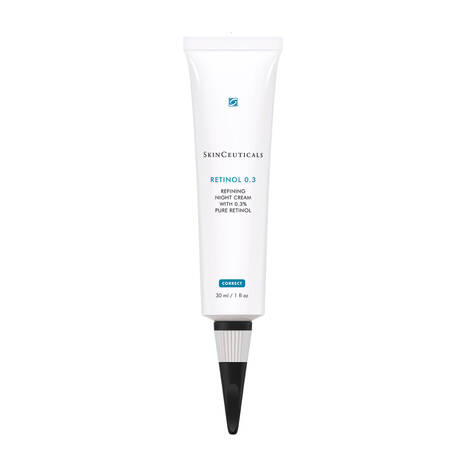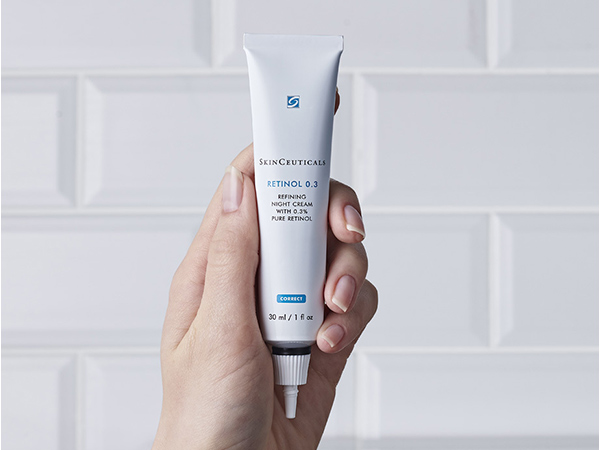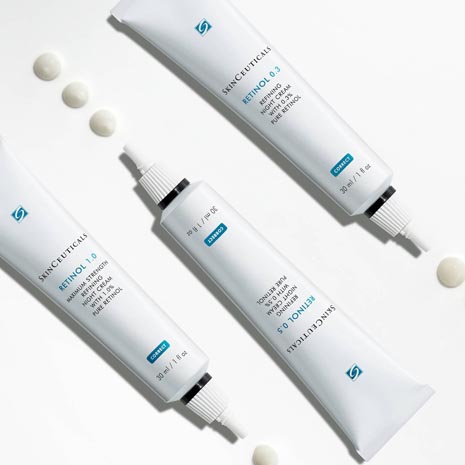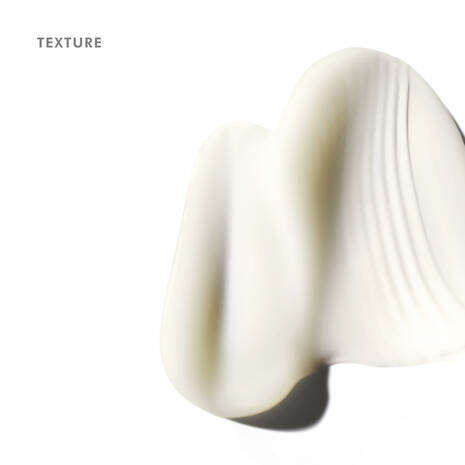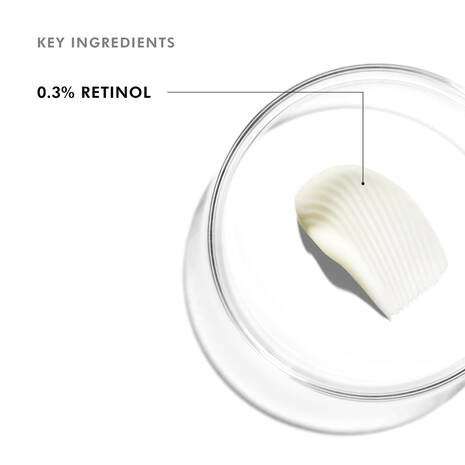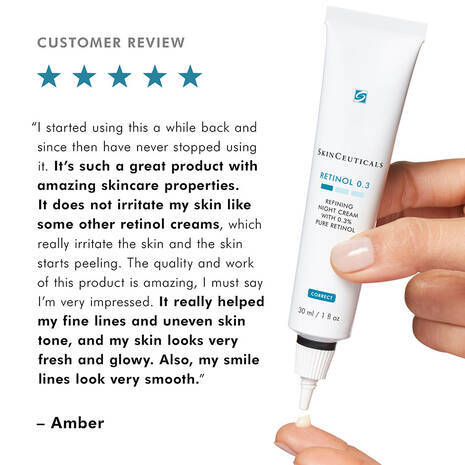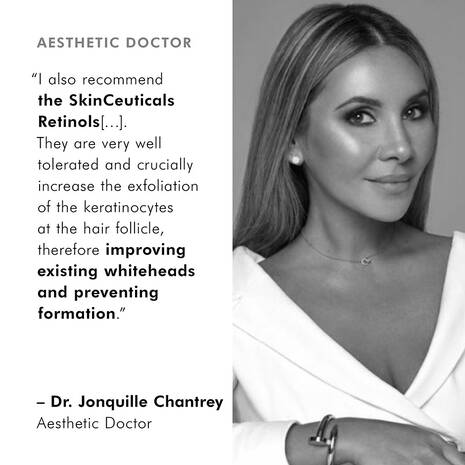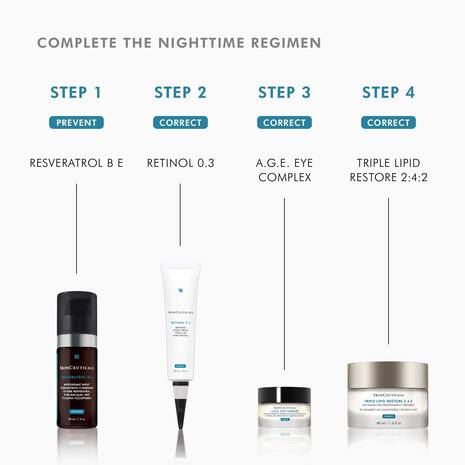Retinol 0.3 Face Cream for Ageing Skin 30ml
Retinol 0.3 Face Cream for Ageing Skin 30ml
Retinol 0.3 Face Cream for Ageing Skin 30ml
Concentrated facial cream for Normal & Oily Skin
RECOMMENDED FOR
• Normal
• Oily
• Combination
• Discolouration
• Blemishes
• Ageing
£85.00
In stock
DESCRIPTION
Concentrated facial cream for Normal & Oily Skin
Improve your skin tone with our Retinol 0.3 face cream suitable for ageing and blemish prone skin. Our cream help improve appearance of wrinkles and fine lines. Buy now!
Retinol 0.3 is a concentrated facial cream with pure retinol that improves the appearance of visible signs of ageing and pores while minimising the appearance of blemishes. Retinol 0.3 is a potent nighttime cream that features 0.3% pure retinol enhanced with the latest stabilisation and delivery technologies to ensure a steady, even release.
Formulated with soothing bisabolol to minimise skin irritation and specially packaged to preserve its potency, this retinol face cream helps improve the appearance of fine lines, wrinkles, discolouration, blemishes , and pores by accelerating cellular turnover.
• Retinol cream 0.3 is ideal for continued use or conditioning skin.
• Promotes cellular turnover
• Improves the appearance of fine lines, wrinkles, discoloration, pores, and blemishes
• Formulated to minimize irritation commonly associated with the use of retinol creams
• Specialized packaging preserves retinol potency
• Fragrance-free
• Ideal for skin new to retinol use
KEY INGREDIENTS
• 0.3% Retinol - a form of vitamin A that helps promote cellular turnover to keep fresh cells on the skin’s surface and improve the appearance of fine lines, wrinkles, discoloration, and skin texture.
• Soothing Complex - a skin-calming blend of bisabolol (derived from the chamomile plant) and boswellia serrata extract (derived from frankincense) provides soothing benefits and helps comfort the skin.
SCIENCE
Accelerating Cell Turnover
Cell turnover is a natural occurring process during which the outer layer of skin sheds dead cells and replenishes them with new cells. However, as the skin matured, the rate of cell renewal slows down, therefore taking longer for cells to heal from free radical damage, increasing the appearance of visible signs of ageing.
Combat decreased cell turnover by incorporating retinol into your routine. A powerful form of vitamin A, Retinol 0.3 stimulates turnover and supports collagen production, keeping skin smooth and radiant.
Getting Started with Retinol
Retinols are a form of pure vitamin A, which is a powerful ingredient that actively encourage cell turnover and collagen production, which improves skin discolouration, texture and signs of ageing. Because retinol stimulates such rapid cell renewal, initial use can sometimes lead to irritation for beginners. To improve the appearance of skin whilst minimising the risk of irritation, it is advisable to slowly incorporate Retinol 0.3 into your skincare routine.
The Sandwiching Method
Retinol is a powerful ingredient that improves the appearance of visible signs of ageing by promoting cell turnover and collagen production. Because it is so effective, retinol may cause irritation. To help trap moisture, reduce irritation, and make your products more effective, use the Sandwiching Method.
Step 1: Cleanse skin + apply a hydrating serum
Step 2: Apply a small amount of Retinol 0.3
Step 3: Finish with Triple Lipid Restore
HOW TO USE IT
1. Prep + Dispense
In the evening, apply a pea-sized amount to clean, dry skin, avoiding the eye area. Allow product to absorb before applying other skincare products.
Limit initial use to once or twice a week, gradually increasing frequency to every other night, then every night as tolerated. It is important to establish consistent skin tolerance before advancing to a higher concentration.
2.Apply + Complete
Retinol cream may increase photosensitivity. Always use a high-protection, broad spectrum sunscreen when using this product.
As a precaution, retinol cream products should not be used by pregnant women or women who intend to become pregnant in the near future.
Though there are no reports of topical retinol having any negative effect on fetal development, always consult a physician.

